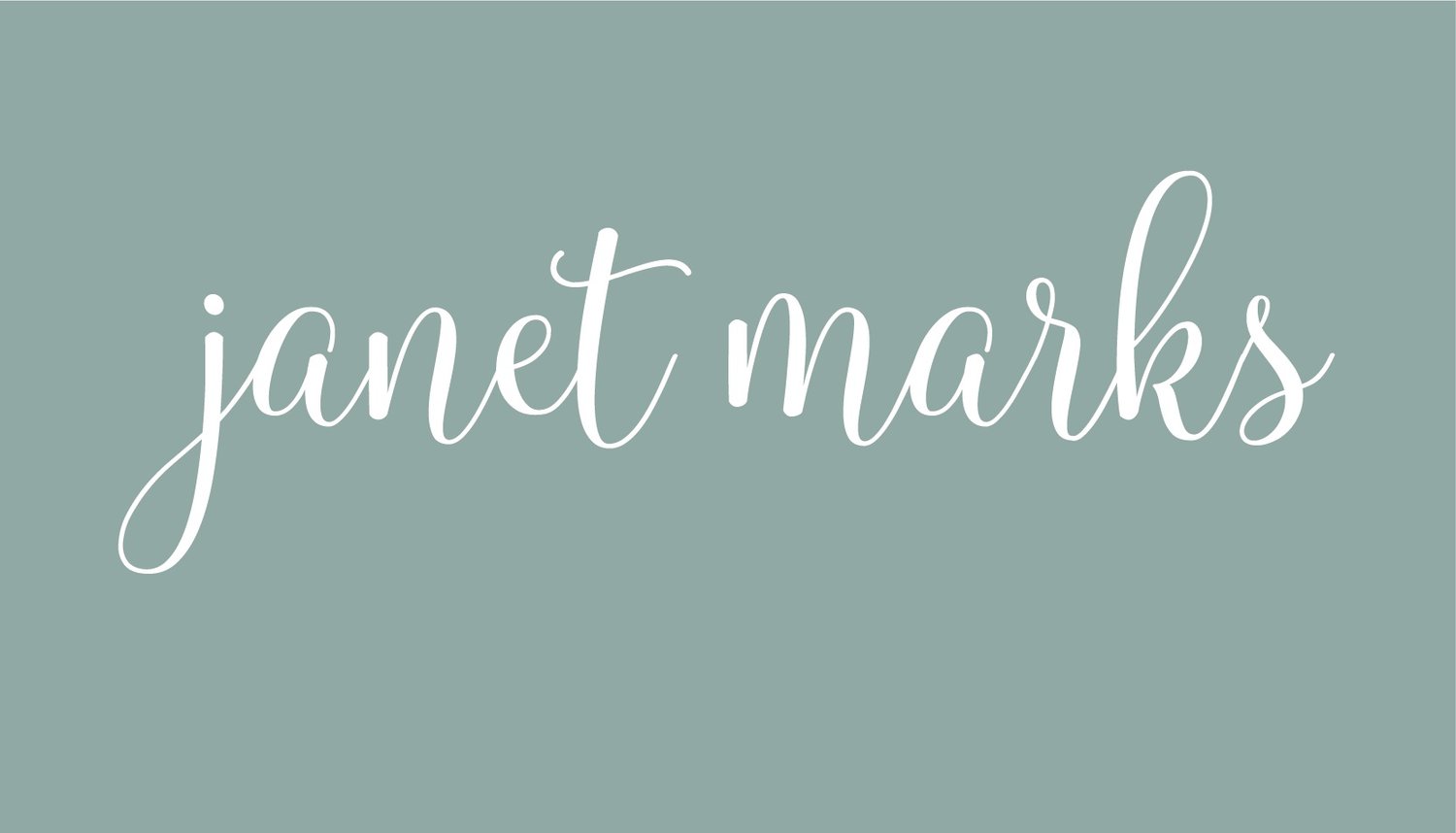Say Less Ask More
Once on a camping trip, Tom and I went for a night-hike along a forest path. It was mesmerizing to hear the hooting owls, some unknown creature scuffling behind the shrubs and the water lapping at the edge of the river. Every now and then we’d enter a small clearing and look up between tall lodgepole pines and see more stars than imaginable.
Sure, we’d taken a flashlight, but part of the time we ambled along in the dark letting the stars light our path. It felt a bit adventurous, until my foot hit a lifted root on the path and bam! I fell hard to my knees.
After you fall, you freeze for an instant, to assess what damage has been done. Then you look around to see what caused your rapid change of elevation. Fortunately, my injury wasn’t bad; torn jeans and bruised, bleeding knees which led to a limpy hike back to the campsite, absolutely using the flashlight at every step.
Life. Lesson. Learned. Use the flashlight or risk possible injury.
Question is, do we learn the lessons coming our way? Or do we ignore what could be learned, laughably assuming there will be no other roots in our path? Learning from physical injury is one thing, but lessons from an emotional injury are quite another. Both sting, and from both types of injury we must do the work to recover and learn whatever lessons we can.
Recently I hurt a friend whom I deeply love. Careless words were spoken without enough thought given to their life circumstance. The words allowed a rift to rise up, like a tree root on a darkened path; it was more than torn jeans hanging between us.
Generally, we know when we’ve stepped on something tender, we sense the immediate pulling away even if we are unsure exactly what we’ve done. When this happened, I felt bereft. It was obvious something had gone south and so, I approached her to figure out where I had mis-stepped. In my career, I’m the one who speaks about developing conflict resolution skills, I teach forgiveness and mercy skills, but I stumbled all over my words on this one, “Um, hey, um just wondering, um, are we okay?” Not the smoothest entrance, but the door had to be opened.
As you can imagine, it was not an easy conversation. It was imperative for me to listen well and not talk over her, to hear her honest thoughts about the injury I’d inflicted.
Here’s a lesson I keep learning:
When we are in the wrong, being humble is always right.
Even when it’s super hard. A few times in the talk I swallowed hard as I sought to understand her perspective. We talked, apologies were made, forgiveness offered and I was able to breathe a little better, knowing we were on the road to recovery.
Remember the old Steven Covey quote, “Seek first to understand, then be understood”? It reminds me of a talk I heard by Dana Vaden, a life coach in Dallas, as she discussed the premise of “say less, ask more.” For those who love the sound of their own voice, asking questions and then listening goes against our strong tendency to help, to instruct and to fix the problem. What if instead we asked, “What’s on your mind?” and then as a follow up question, “...and what else?”. This helps us dig in a bit deeper and grasp a better understanding of a perspective different than our own.
Two take-aways:
1. Some relationships are worth the struggle through the pain. I’m grateful she was willing to talk with me and tell me honestly what she felt about my reckless words. She (as I do) values our relationship and is willing to work through anything to maintain it. It may take a little time for emotions to subside and the relationship to “normalize”, but I will continue to give my heart.
2. Damage occurs in any important relationship. Friction rises fast and unexpectedly, it leaves us reeling and wondering how things got so testy. One recourse, (besides keeping a rein on inconsiderate words), is to initiate and offer heartfelt apologies and be tender as the injury heals.
I know not every conflict is easily reconciled. We must be patient with ourselves and with others; and like a bloodied knee, we give it time to heal. Even once the wound is healed over, tenderness remains. How do you respond when you realize you have made a misstep and hurt someone you love? We all have a natural response or inclination, some are more beneficial than others.
Look over this short list of reactions we might have in a conflict - whether we’re on the giving or receiving side of the hurt. Decide which are most helpful to the recovery of the relationship and work on being that person.
Misguided/unhelpful tendencies:
Pull my heart back and wait for them to get over it
Pout because I’ve been misunderstood
Defend myself believing my intentions are true (they may be, but still…)
Make sure they know where they also mis-stepped (not the time)
Tell them all the reasons they shouldn’t be so uber-sensitive
Better responses:
Initiate honest desire to continue the relationship
Say less. Listen closely to their words - ask, “What else?”
Be patient as they work through their pain
Apologize genuinely (humbly) and specifically (without justification)
Pray for them, pray for the connection to deepen and for hearts to heal
Everyone trips and falls. Remember when you’re in a conflict, say less and ask more. It’s a tool you can use (like a flashlight!) to better understand the struggle. Share in the comments section one way you could respond better the next time some difficulty arises.
